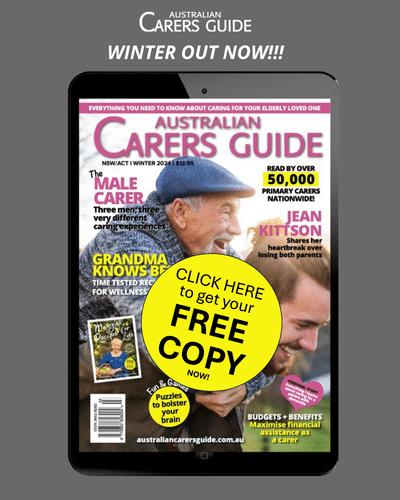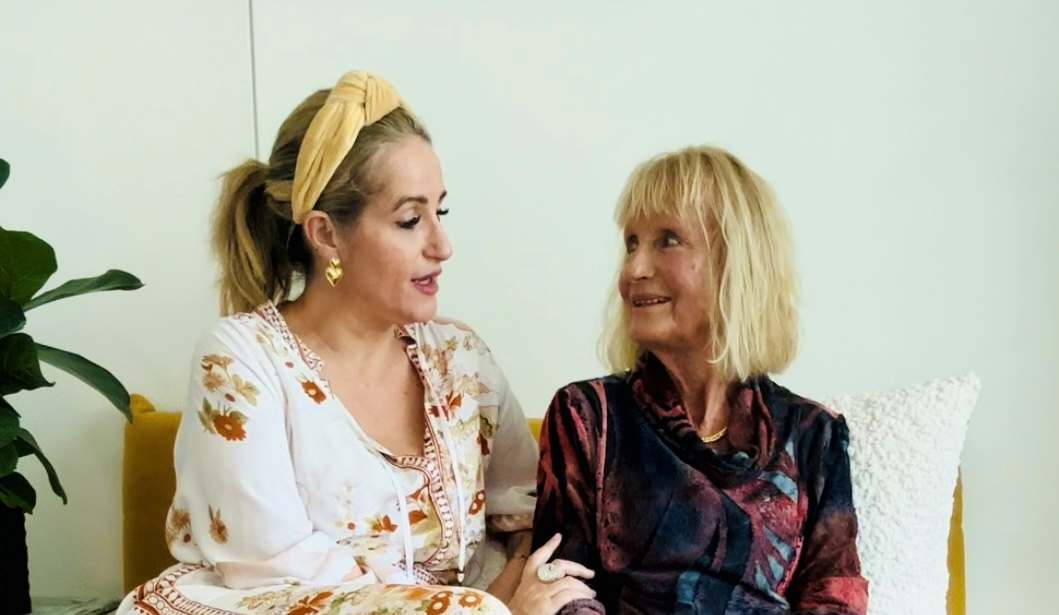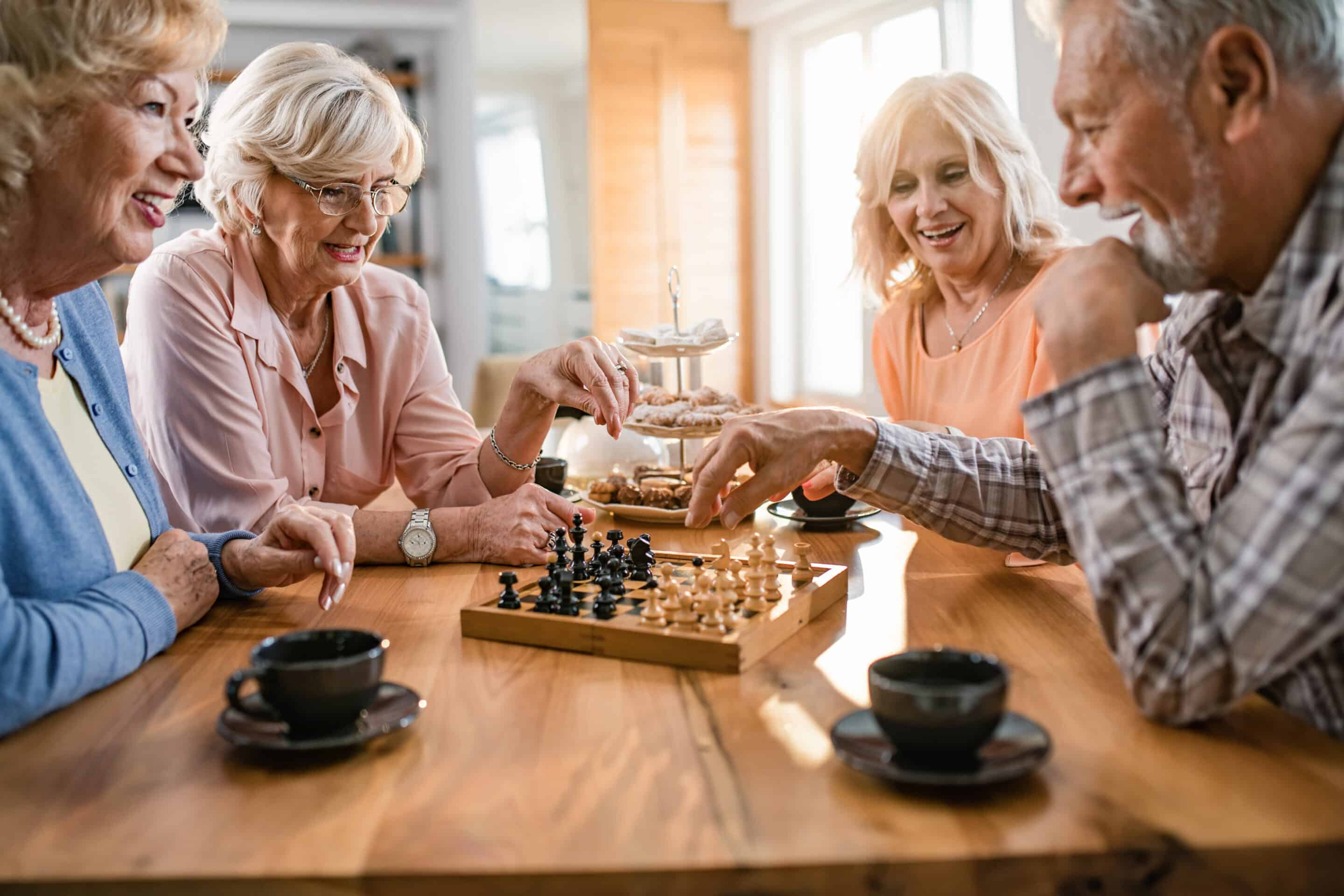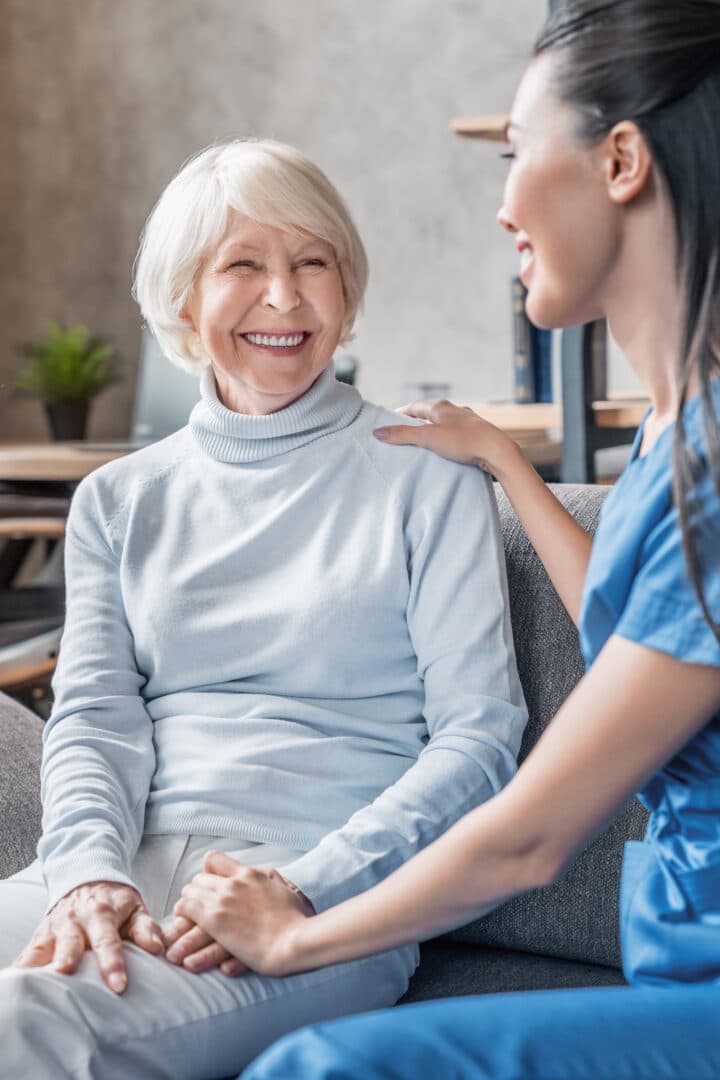Strokes can happen at any age but are particularly common in seniors. Find out about mini stroke symptoms in the elderly, life expectancy after a stroke and more.
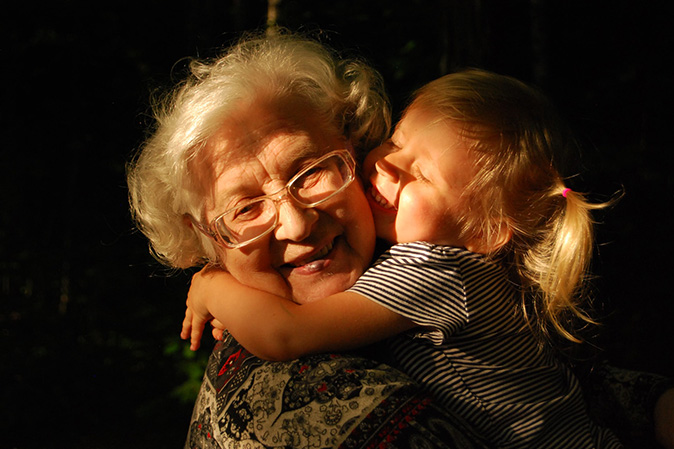
You may not hear it discussed as much as cancer and certainly not as much as COVID-19, so it may surprise you to find out that a stroke is one of the biggest killers in Australia.
While around 387,000 people over the age of 14 were estimated to have suffered some form of stroke in 2018, the mortality rate is by far the highest in people over 85.
If you are getting older, already part of Australia’s senior demographic, or are caring for someone who fits that description, it’s worth learning about strokes, mini stroke symptoms and the impact of this health issue.
What are the causes of a stroke and are they the same for all groups?
According to the Mayo Clinic, there are two main causes of strokes which effect all age groups:
- a blocked artery (ischemic stroke)
Ischemic stroke is the more common form of stroke. It happens when blood vessels in the brain become narrow or blocked. Blood vessel narrowing or blockages are usually caused by fatty deposits or blood clots, or other debris.
There is also a form of ischemic stroke called a transient ischemic attack, also known as a mini-stroke. A mini stroke in the elderly or someone of any age presents temporary, stroke-like symptoms due to a temporary decrease of blood flow in the brain. Mini-strokes often only cause temporary damage.
- leaking or bursting of a blood vessel (hemorrhagic stroke)
When a blood vessel in the brain breaks or ruptures, this causes a hemorrhagic stroke. Brain haemorrhages that cause hemorrhagic strokes often have an exterior cause:
- High blood pressure
- Too much blood thinning medication
- Aneurysms
- Head trauma
- The aftermath of an ischemic stroke
Why are strokes more common in the elderly
While strokes can and do happen to people of all ages and demographics, they are far more common in the elderly. In fact, around three-quarters of strokes occur in people aged over 65 years of age.
There are many reasons why elderly people suffer more frequently from strokes, but they mostly relate to the general deterioration of health experienced as we age. Many of the causes of a stroke in the elderly will be exacerbated if left unmanaged over a long period. In this way, the risk becomes higher the older you get.
The risk factors for stroke include:
- High blood pressure
- Stress
- Tobacco use (including second-hand)
- Diabetes
- High cholesterol
- Physical inactivity and obesity
- Carotid and other arterial diseases
- Atrial fibrillation and other heart diseases
- Certain blood disorders
- Excessive alcohol ingestion
- Drug abuse (specifically cocaine)
Strokes also have a hereditary factor — a family history of strokes can be a warning sign. Gender is also a factor, with males being slightly more susceptible than females, while females have a higher mortality rate from a stroke.
Factors such as age, gender or heredity are out of our control, but other contributing factors in regard to strokes are controllable.
What happens when an elderly person has a stroke?
Strokes can leave sufferers with a number of different health, communication and mobility complications. The severity of stroke complications varies greatly. A mini stroke, for instance, may leave no complications at all.
The most common complications stroke victims suffer are:
- Paralysis and/or loss of muscle movement: It is very common to lose feeling or muscle control to one side of the face or one arm/leg after a stroke.
- Difficulty talking or swallowing: Facial paralysis can also lead to difficulty in eating, swallowing, and talking. The effects of the stroke on the brain can also make speaking, reading, or writing harder.
- Memory loss and thinking difficulties: Memory loss is a very common symptom of a stroke. Difficulty thinking, reasoning, making judgments and understanding concepts can also result.
- Emotional issues: Difficulty controlling emotions and the onset of depression often follow a stroke.
- Pain: Pain and numbness often follow a stroke, along with other strange sensations. An arm that has become numb as the result of a stroke, for instance, may become uncomfortably tingly.
- Changes in behaviour: These changes can include becoming withdrawn as well as needing help with day-to-day chores.
- Hallucinations: Hallucinations in the elderly and people of all ages after stroke may happen. One phenomenon is called ‘Charles Bonnet Syndrome’. This happens when the brain ‘fills in’ images that the eyes don’t completely capture. As shared by org.uk, “These types of hallucinations are usually temporary but may last for several months before reducing. The hallucinations can appear as simple patterns or complex images of people, places and objects.”
Looking for aged care?
Get a customised list of aged care options
What are signs of a stroke in the elderly (and other age groups) to look out for?
Stroke symptoms can vary dramatically. The most important thing to remember is that if you suspect you or your loved one have had or are experiencing a stroke, you should seek immediate medical assistance. Even if you suspect it is only a mini-stroke, there is no way to tell the severity without medical assistance.
It is very unusual for a stroke to present warning signs before it happens. In the vast majority of cases, symptoms develop a few minutes after the stroke has taken place.
Symptoms of a stroke include:
- Numbness in the face and limbs, most commonly on one side of the body
- Sudden vision problems in one or both eyes
- Severe headaches
- Difficulty with communication
- Lack of coordination
Look out for the symptoms above as well as these other potential warning signs:
- Sudden hiccups
- Sudden nausea
- Sudden general weakness
- Sudden chest pain
- Sudden shortness of breath
- Sudden palpitations
Strokes and the F.A.S.T. rule
If you suspect you are seeing signs of a mini-stroke in an elderly loved one, the best way to check is to try the F.A.S.T. rule.
F.A.S.T. stands for Face, Arms, Speech and Time.
- Face: Ask the person you are with to try to smile. If one side of their face moves differently from the other, that is a strong sign of stroke.
- Arms: Have them raise both arms and see if they can raise both with the same to the same level.
- Speech: Ask them to repeat a sentence. Slurred words could be a sign of stroke.
- Time: If any of the first three tests look suspicious, move fast. Call for urgent medical assistance.
Can stress cause a stroke in the elderly?
The short answer to whether stress can cause a stroke in the elderly is yes.
In fact, stress is a major contributor to strokes in every age group.
Stress and hypertension increase blood pressure and quicken the heart rate. This increased pressure on the heart increases the probability of blood clots and other debris developing in the heart and making their way to the brain.
With the increased risks associated with age, it is more important than ever to manage stress and hypertension.
Can an elderly person survive a stroke?
More than three-quarters of stroke sufferers aged 80 and over survive their first stroke.
How long do elderly people live after a stroke?
Life expectancy at any age is heavily dependent on the severity of the stroke and on any subsequent strokes.
If a stroke is relatively minor and is treated rapidly, there is no reason the stroke victim, including someone of advanced years, can’t live on for many more years.
However, a severe stroke in conjunction with other serious health issues may be a more serious concern. The best way to understand the severity, repercussions and life expectancy after stroke in the elderly is to discuss the outcome with a medical professional.
In terms of quality of life, if your loved one has experienced a mini or serious stroke, you may need to investigate residential aged care so they are well looked after. Many aged care facilities in Australia provide special services to stroke sufferers.
Visit agedcaredecisions.com.au to research options for residential aged care.
Are mini strokes common in the elderly?
Transient ischemic attacks, or mini-strokes, are indeed common among elderly Australians.
Their severity can vary, and in some cases, mini stroke symptoms in the elderly can even go unnoticed. As stated earlier, if you suspect you or a loved one have had a mini-stroke, make sure to seek urgent medical advice.
Mini stroke symptoms in the elderly are similar to stroke symptoms. They can include:
- Weakness in the body
- Numbness or paralysis in the face, arm or leg, typically on one side of the body.
- Slurred speech or difficulty understanding others
- Trouble seeing out of one or both eyes/double vision
How do you prevent strokes in the elderly?
Stroke prevention is mostly about managing the risk factors. While nothing can be done about genetic predisposition, many of the risk factors can be tackled and managed.
Smoking and alcohol consumption are both known to increase the risk of a stroke, so should be avoided in excessive quantities.
A well-balanced diet with minimal trans fats is also important. An unhealthy diet can cause narrowing of arteries and increase the chance of clots and other debris forming in the heart.
Adequate exercise is a significant factor in maintaining physical and mental health, even if strokes aren’t a consideration. Exercise is a powerful way to fight stress and anxiety, as well as obesity and other health issues.
Here are some gentle exercise ideas to help older Australians fight the risk of stroke:
- Yoga: Yoga can be relatively gentle on the heart and body. Chair yoga, in particular, is a clever way for elderly people to work on their fitness without excessive strain.
- Water aerobics: The added support and buoyancy that water creates makes water aerobics an excellent, low-impact workout.
- Pilates: Pilates gets the body moving without excess strain.
- Walking: You can’t overestimate the efficacy of a good walk. Even if it is only around the house or nursing home, getting up and moving around is essential.
- Body weight training: Body weight training means using the weight of your body rather than added weights like dumbbells.
For older and less ambulant seniors, it is always wise to talk to a GP before implementing any new exercise regimes. All the same, getting moving in some way is almost always the right choice.
Consider aged care for stroke prevention and management
Seniors who are getting on in years are at higher risk of stroke than the general population. Family members may find it more comforting to know their older loved one is not alone for long periods of time. For this reason, it may be worth exploring at home care or residential aged care. This can provide peace of mind and faster access to medical care should a stroke-related emergency arise.
Aged care is an important and necessary service, but it’s crucial that the right decisions are made when it comes to choosing a facility for your loved one. Aged Care Decisions provides assistance to families at every stage of the aged care or home care journey. We work with over 1200 facilities and assist over 6000 families every month, 100% free of charge.

